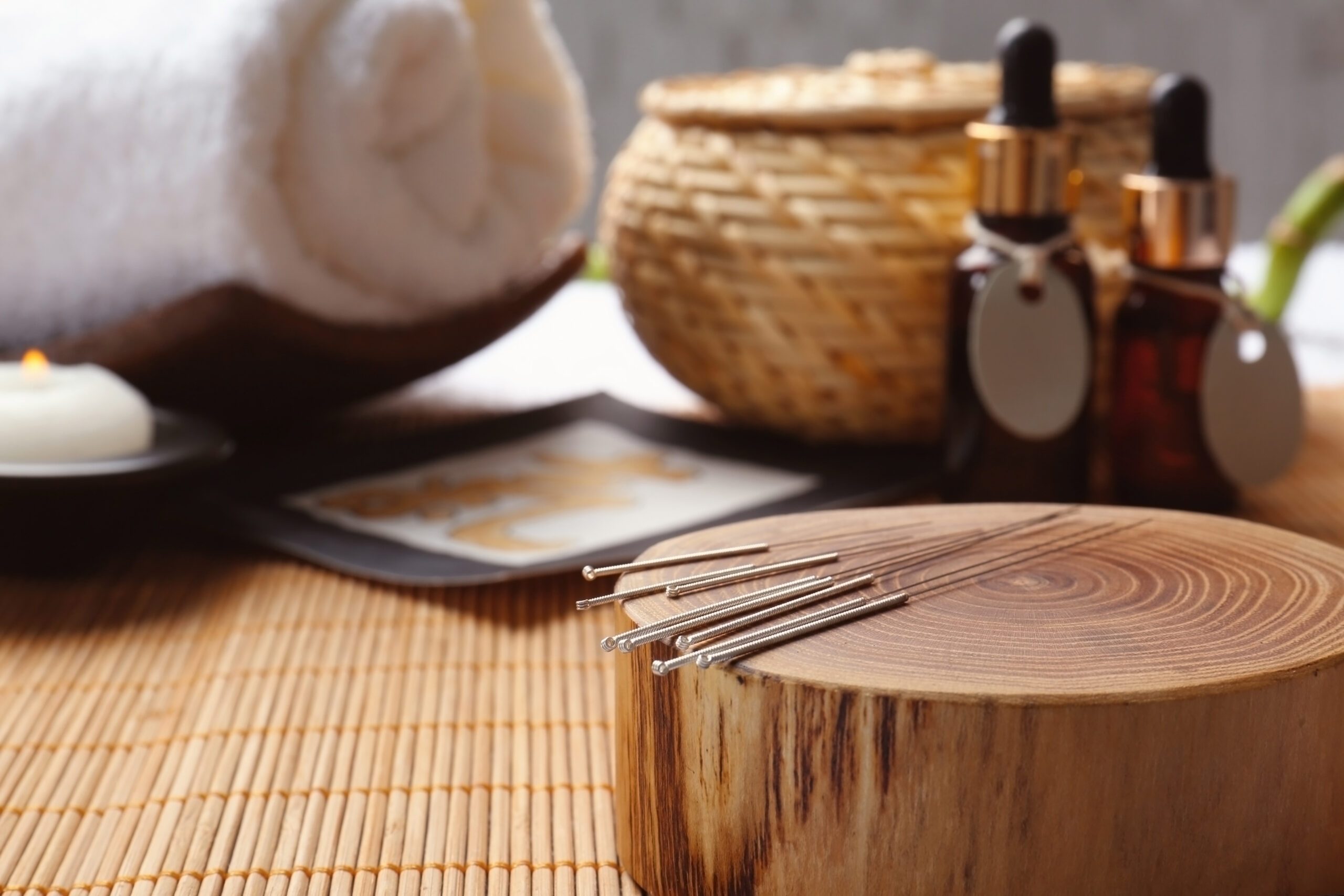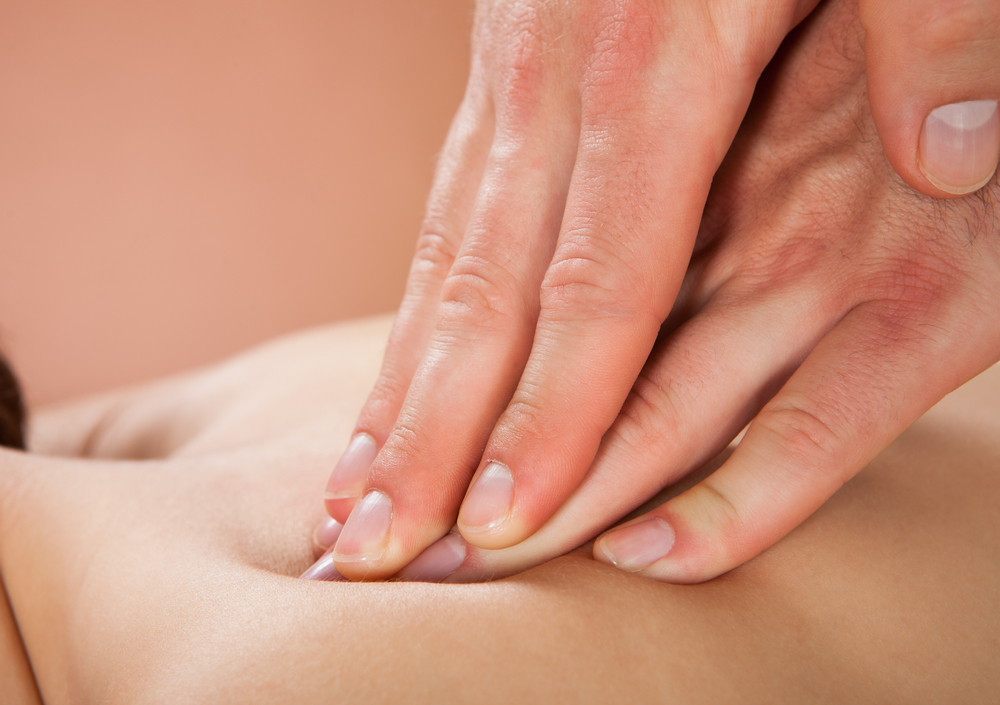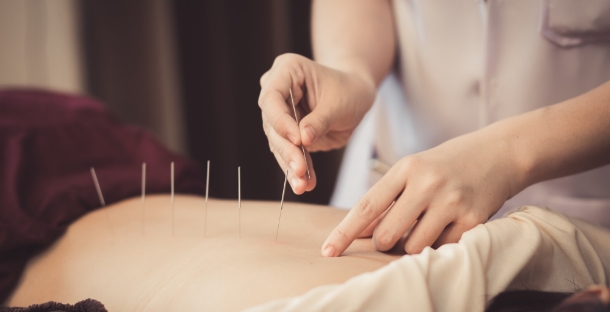
Traditional Chinese Medicine and Late Summer
It’s not as well-known in the west, but there is a fifth season – late summer. This season starts in mid-August and lasts until the autumn equinox. Late summer serves as a transitional period as the natural word moves from high and expansive Yang energy into the calmer and more introspective Yin energy. As our bodies mirror the rhythms and patterns in nature, this is the time to wind down from the frenetic energy of summer in preparation for autumn and winter.
What is Traditional Chinese Medicine?
Traditional Chinese Medicine (TCM) is an ancient medical system that has evolved over thousands of years and is used to diagnose, treat, and prevent illness and disease. There are many branches of TCM, like acupuncture, tai chi, and herbal medicine. The foundational principle in TCM is that vital energy called Qi flows through our bodies. When Qi becomes imbalanced or stagnates, this causes us to become sick. Each branch of TCM employs techniques designed to restore balance and activate our bodies’ natural healing processes.
How does Traditional Chinese Medicine differ from western medicine?
The fundamental difference is in TCM’s holistic approach to medical treatment. Traditional Chinese Medicine treats all systems and organs in the body as being deeply interconnected. This interconnectedness is how modalities like acupuncture, which is non-invasive, treat conditions affecting deep tissue and internal organs. Further, TCM practitioners tailor their treatments to their patients’ individual needs, rather than rely on statistical models for how a condition should be treated. Put more simply, the goal is to restore you to good health rather than simply treat a collection of symptoms.
Why are the seasons important to Traditional Chinese Medicine
In Traditional Chinese Medicine, the body is viewed as a microcosm of the larger surround universe. Each season corresponds with one of the five natural elements – fire, earth, metal, water, and wood. These elements also exist within us. The abundance of a season’s element can cause imbalance that disrupts our health. To maintain good health, TCM councils that we pay close attention to the bodily system’s most influenced by each season’s element, to nourish our bodies with foods that promote balance, and to engage in activities that harmonize with that season’s energy.
Late summer according to Traditional Chinese Medicine
This transitional season is rules by the earth element. It offers us the opportunity to transition gracefully into the calmer, introspective seasons to come. The abundance of summer is starting to wane, and we may feel we don’t have the energy to do as much as we have been. During this time, we are encouraged to evaluate our priorities and shake up our status quo. We should also tend to the health of our spleen and stomach, as these are the organs associated with late summer.
Why is the earth element important?
The earth element is considered the mid-point of balance, making it perfect for this transitional season. It is the place where we stand and can represent rolling hills, wide-open fields, and tall mountain ranges. Earth has both Yin and Yang expressions. It provides us with the stability to move and change with the cycles of nature.
The spleen and stomach
The two organs associated with late summer are the spleen and stomach. The spleen is responsible for creating both blood and Qi. It transforms the food we eat into Ying Qi, or nutritive Qi, and transports it to other parts of our bodies.
The stomach is responsible for digesting food and drink, but equally important, it’s responsible for digesting our emotions. Worry, anxiety, and overthinking are all emotions associated with the stomach.

What to focus on in late summer
Late summer is all about returning to the middle. It is the tipping point between the expansive growth of spring and summer, and the inward energy of autumn and winter. During this time, we have the opportunity to ground ourselves and to start thinking about our goals and plans for the coming seasons.
Focus on spleen and stomach health
As the spleen and stomach are the organs of this season, it is a good time to focus on your digestion and gut health. This means prioritizing not just what you eat, but how you eat. Traditional Chinese Medicine encourages us to eat slowly and to ensure we chew our food. It is equally important that we not work or otherwise occupy ourselves as we have our daily meals. As the hot weather is starting to fade, the time for eating lots of cold and cooling foods has passed.
Other factors that can negatively impact spleen and stomach health are overworking or over-exerting ourselves mentally and spending too much time in damp or humid environments.
Strive for balance
Take inspiration from the earth element, which is the mid-point of balance, and seek to centre yourself. This is a time to focus on stability, nurturing, and caregiving (towards yourself as well as your loved ones). Find activities that keep you grounded and present in the moment.
Nourish your body
Now is the time to think about eating more soups and stews. The hot weather is fading and that means we should reduce the amount of cooling foods we’ve been eating. It’s especially important to cut out ice water and frozen treats. Foods you should start eating more of include sweet potato, kale, carrots, squash, rice, and other whole grains.



